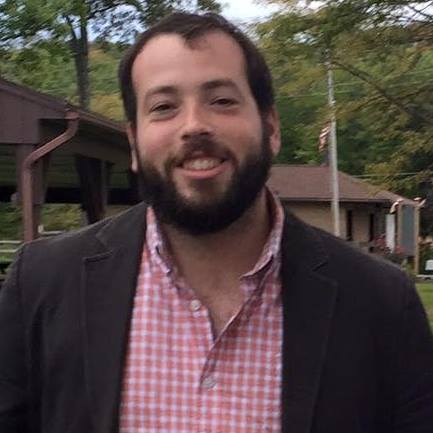“The land vomits you out?!” one of my congregants in my weekly parshah class exclaimed.
We were learning parshat Behar. I was trying to explain the conditions in which we are allowed by God to dwell in the land of Israel. In order to dwell in the land we must act with holiness, following God’s laws given at Sinai, and specifically the laws of the Sabbatical (shemitah) and Jubilee. The Jubilee year, or yovel, is a beautiful law where in every fiftieth year all loans are forgiven and everybody is to return to their rightful landholdings. My teacher Rabbi Bradley Shavit Artson brilliantly explains that the sabbatical year as well as the jubilee demonstrates that we don’t own the land, rather God does. We live in the illusion that somehow the land belongs to us, but the land was here long before us, and will be here long after us. If that be the case, what do we own and what is really ours?
What is ours, as a Jewish people, is the holy Torah. The word Torah comes from the root “instruction” or “teaching.” The Torah is supposed to instruct us how to make decisions in our lives and what actions we should or should not take. In the end, what we really have ownership of is our individual actions and decisions, not the land or any physical object. Making the choice to act according to Torah, to follow shemitah and yovel, will connect us to God. Abusing and holding the land over others distances us from God. Choosing righteousness and peace brings God into our lives and allows us to dwell in the land. But can the Torah of yovel be lived today?
I live in a town with many recent immigrants of Hispanic descent. Over the past few months, I have begun trying to break down the invisible walls between my community and theirs. Part of my drive to break down these walls and make these connections is my realization that to indiscriminately bar others from entering this land is very much against the principle of Jubilee. While the yovel laws apply specifically to Israel, the yovel spirit they inculcate can apply anywhere. We do not own the land, rather humanity should dwell in peace upon it. This land, America, is for all of us. Therefore, I went out to connect to Hispanic pastors and community leaders in order to create relationships with them and to learn more about their struggle. The oppression of both un-documented and documented immigrants in this country was something that had always pained me greatly, but in the past my only action had been sighing over New York Times articles. Then, I spoke to one Hispanic leader in my community, Ignacio, a Mexican immigrant who shared with me his story.
Ignacio is in his late 30s, sitting in my office in the shul. He tells me that most of his life he was “un-documented.” He explained to me that this meant he could not open a bank account, go to college, or drive a car, so many things that I had taken for granted. From a young age he was taught how to evade at all costs the question, “Are you a citizen?” He was taught by his parents and community at an early age how to be “invisible”—to blend into his surroundings. I was shocked. Eventually he was able to go to college and he became a citizen of this county. But his childhood experiences of fear and anger at this failed system changed him. They inspired him to become a community leader in my neighborhood. He went on to describe the experience of Hispanic immigrants today, living just a few blocks from my synagogue, who are afraid to walk out of their homes, even afraid to go to church. His community is shuttering their businesses and feeling helpless and stranded without any connection to the wider American community.
After learning from Ignacio, I started seeing my neighborhood in a new light. I noticed that our main street has become much quieter than it used to be and that there are more shutters on businesses than ever before. From all of this, I knew that I needed to act. With Ignacio’s help, I am now planning a rally this summer to reach out to this community and to say in no uncertain terms that we see their fear and it is real, and that they have partners here, they have friends here, this is their community too. As Shavuot approaches, I pray to God that, with the giving of the Torah this year, every one of us can find a way to act on the Torah’s teachings for each person to dwell in peace in this land that does not belong to us, but belongs to God.
Rabbi Marcus Rubenstein is the rabbi of Temple Sinai of Middletown, NY.

